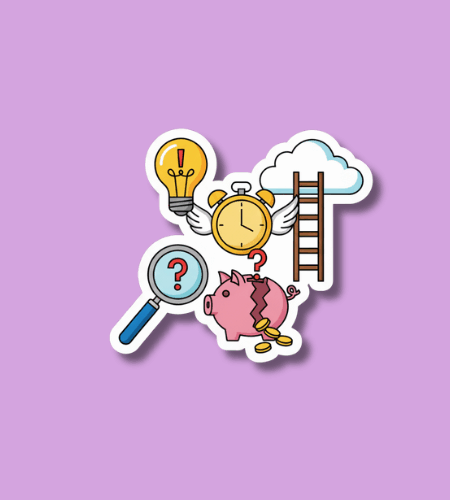The Cliché Day, celebrated each year on 3 November, is a lighthearted occasion that invites people to recognize, laugh at, and reflect on the overused phrases and expressions we hear every day.
Table of Contents
History of Cliché Day
The origins of Cliché Day are unclear, but it likely began as a playful way to draw attention to language habits that have become too familiar. The word cliché comes from French printing, where it referred to a metal plate used to reproduce the same image repeatedly—an apt metaphor for phrases repeated so often they lose their originality.
Over time, the day has been embraced by writers, teachers, and lovers of language as a fun reminder to think creatively and find fresh ways to express ideas. It’s not about judging others’ speech, but about celebrating how words evolve and how language reflects culture and humor.
Why is Cliché Day important?
Cliché Day matters because it encourages awareness of how we use language. Clichés can sometimes make speech dull or predictable, but they also show shared understanding—people use them because they’re instantly recognizable. This day invites us to look at familiar sayings with humor and creativity, and maybe replace them with something new.
It’s also a reminder that originality in communication keeps our ideas alive and interesting. Whether in writing, conversation, or art, Cliché Day celebrates both the charm and the challenge of finding our own voice.
- It reminds us to think before repeating tired expressions.
- It encourages creativity in speech and writing.
- It helps us appreciate the humor and history of language.
- It invites reflection on how ideas spread and change.
- It makes learning about words fun and engaging.
How to Celebrate Cliché Day
Celebrating Cliché Day can be as simple as spotting and sharing your favorite clichés—or trying to go a whole day without using any! You could make a list of the most common ones, rewrite them in creative ways, or challenge friends to invent new expressions that mean the same thing.
Writers and students can use this day to edit their work for originality, replacing overused lines with fresh descriptions. It’s a fun, thoughtful way to improve communication while enjoying the quirks of everyday language.
- Play a “cliché challenge” game with friends or coworkers.
- Rewrite a story or song using your own unique phrases.
- Collect famous clichés and explore where they came from.
- Try to go a whole day without using a single cliché.
- Laugh at how often we all say the same things without noticing.
Cliché Day Dates Table
| Year | Date | Day |
|---|---|---|
| 2026 | November 3 | Tuesday |
| 2027 | November 3 | Wednesday |
| 2028 | November 3 | Friday |
| 2029 | November 3 | Saturday |
| 2030 | November 3 | Sunday |
Subscribe to our newsletter and never miss a holiday again!

